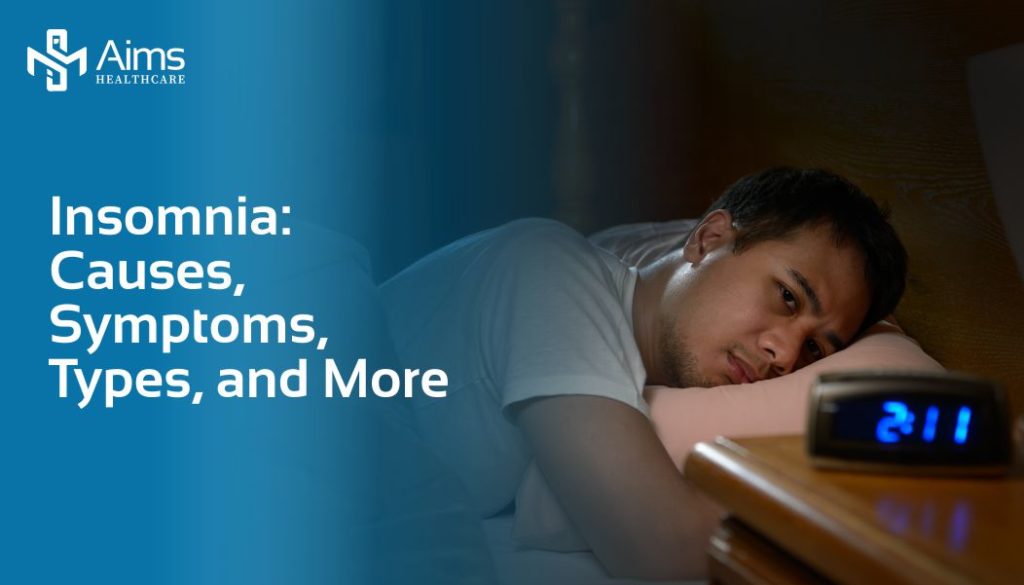

General improvements to sleep might be beneficial for a person with anxiety, depression, or both. Using smart phone and activity tracker technology will also help tailor mental health interventions in the future. We’re conducting some research to improve and even prevent physical and mental health problems early in life by targeting sleep problems. The program included sleep education and improving sleep thoughts and behaviours, and participants kept sleep diaries so they could receive feedback specific to their sleep patterns. A recent study found a six-week online CBT-I program significantly improved both insomnia and depression symptoms. Online interventions have the potential to increase cost-effectiveness and accessibility of sleep programs. So there is the possibility that targeting sleep problems in people who are at risk of experiencing them – like teenagers, new mothers and people at risk for anxiety – will not only improve sleep but also lower their risk of developing anxiety and depression. The good news is we have effective interventions for many sleep problems, like cognitive behaviour therapy for insomnia (CBT-I). Sleep interventionsĭisentangling which problems come first, and under what circumstances, is difficult.

More research could help further our understanding of these mechanisms. Some aspects of sleep, like the variability of a person’s sleep patterns and their impact on functioning and health, are still relatively unexplored. Depression and anxiety also commonly occur together, which complicates the relationship.Īlthough the exact mechanisms that govern the sleep, anxiety and depression link are unclear, there is overlap in some of the underlying processes that are more generally related to sleep and emotions. For example, anxiety but not depression has been shown to predict excessive daytime sleepiness. The specific type of sleep problem occurring may be of importance. However, this pattern is not as strong in adults. Emerging evidence shows sleep problems in adolescence might predict depression (and not the other way around). It may depend on when in life the problems occur. Trying to tease apart which problem comes first, in whom, and under what circumstances, is difficult. Sleep disturbance, particularly insomnia, has been shown to follow anxiety and precede depression in some people, but it is also a common symptom of both disorders. For example, worrying and feeling tense during bedtime can make it difficult to fall asleep, but having trouble falling asleep, and in turn not getting enough sleep, can also result in more anxiety. This means sleep problems can lead to anxiety and depression, and vice versa.


 0 kommentar(er)
0 kommentar(er)
